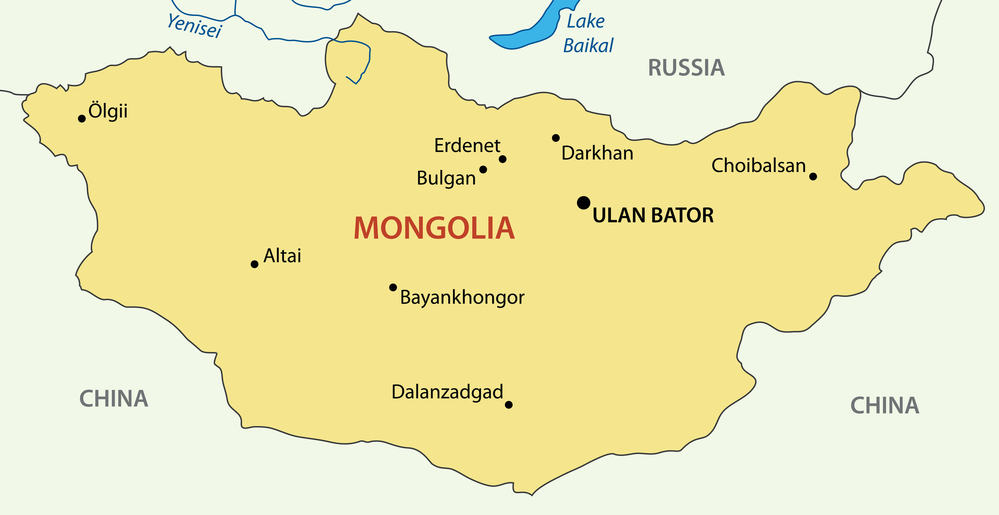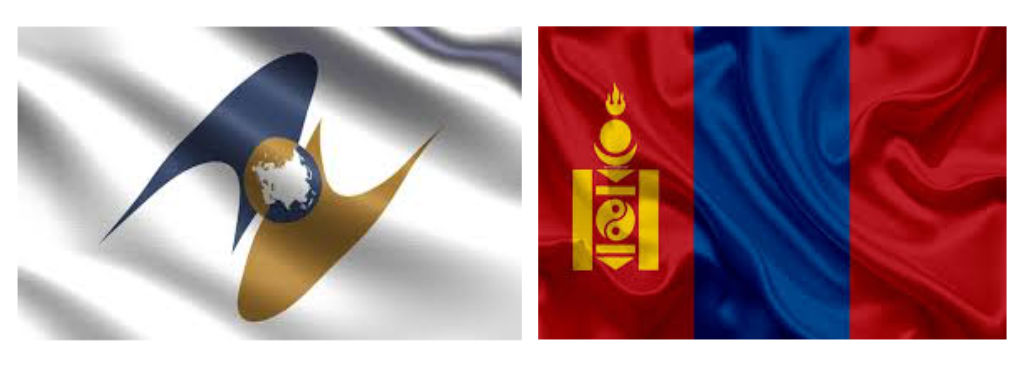Russia and Mongolia are compiling a list of mineral resource sites for joint geological exploration in their border area under agreements reached at a meeting of their intergovernmental commission for trade and economic cooperation, according to Alexander Kozlov, the Minister of Natural Resources and Ecology of Russia.
Kozlov stated that “Mineral resource use has recently become an important area for our bilateral cooperation. A special sub-commission where we discuss the geological prospects has been created under the intergovernmental commission. For example, a list of prospective sites for joint development in the border belt is now being compiled. On the Russian side there are deposits of noble, nonferrous and ferrous metals, coal and fluorspar.” Mongolia has a reasonably well-developed mining industry.
Kozlov was speaking following meetings with Mongolian Prime Minister Oyun-Erdene Luvsannamsrai. Delegations from the two countries sides discussed cooperation in energy, logistics, education, culture and sport at meetings in Ulaanbaatar, after which they agreed that the next meeting of the Russian-Mongolian intergovernmental commission will be held in Moscow this autumn.

The trade between Russia and Mongolia has grown by 21% so far this year. Russia exports mineral products, food, chemical products, equipment and vehicles to Mongolia, while imports from Mongolia consist primarily of fluorspar. Industrially, fluorspar is used as a flux for smelting, and in the production of certain glasses and enamels. The purest grades of fluorite are a source of fluoride for hydrofluoric acid manufacture, which is the intermediate source of most fluorine-containing fine chemicals. Hydrofluoric acid is used in pharmaceuticals and in the manufacturing of Teflon, while fine chemical applications are used in the processing of rare earths, a key ingredient in the semi-conductor industry.
Kozlov also said that the countries have worked out the issue of signing a temporary agreement on free trade between the Eurasian Economic Union (EAEU) and Mongolia in order to make the Russian market more accessible for Mongolian goods.
“We plan to sign the agreement in December, at a meeting of the Supreme Eurasian Economic Council. Furthermore, projects are being agreed that will create a Russia-Mongolia-China economic corridor. This is the connection of ports and railways between the three countries” Kozlov said.
Further Reading

EAEU, Mongolia Trade Can Grow 25%

 Русский
Русский













